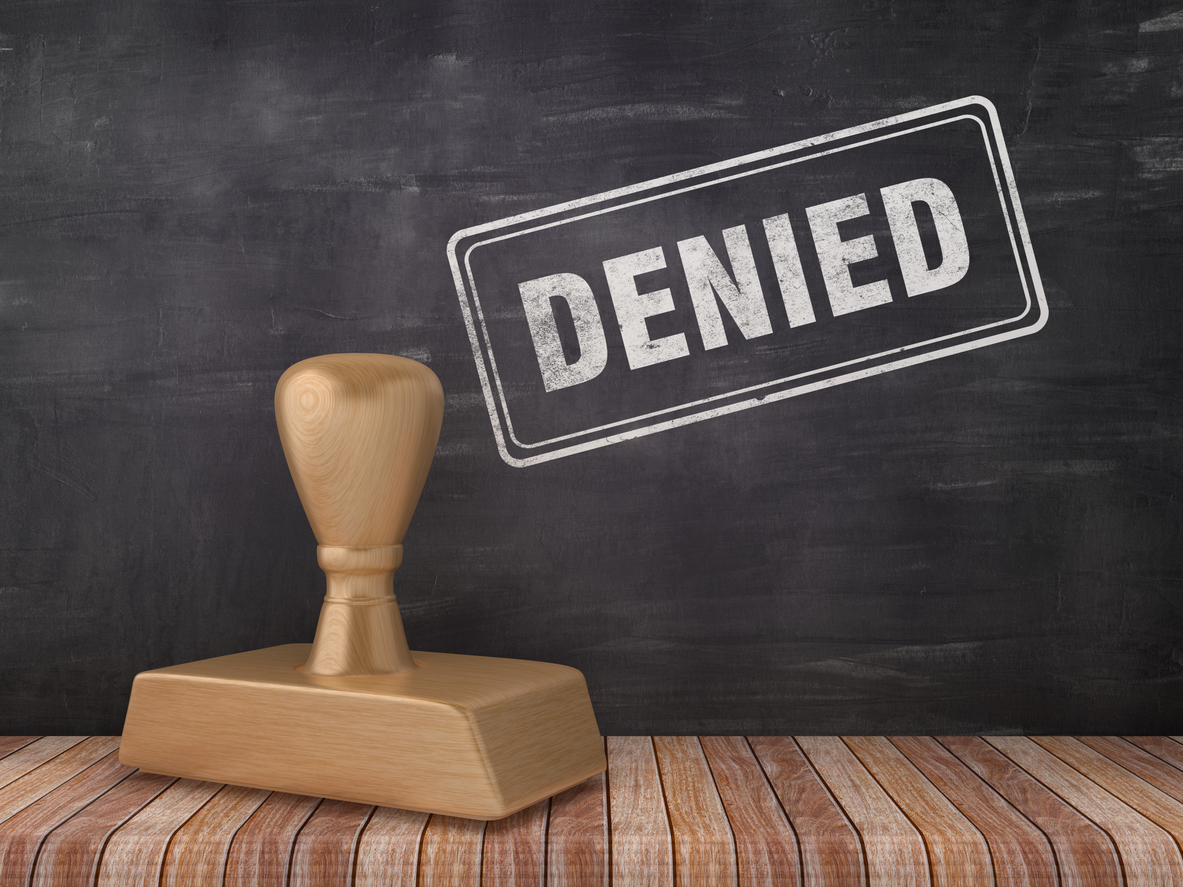The time is now to button up those flood claims. The deadline for submission of the sworn statement of a Hurricane Michael flood loss, known as the Proof of Loss (‘POL”), is 365 days from the date of loss,1 which is October 10, 2019, for those in the Panhandle of Florida. The POL is the policyholder’s sworn statement for the amount of insurance proceeds requested under the Standard Flood Insurance Policy (“SFIP”).
The POL should be accompanied by supporting documentation. Easily stated, I know—but what does “supporting documentation” mean? If you dig deep into the National Flood Insurance Program appeals process, the Code of Federal Regulations provides much needed assistance in understanding “supporting documentation”:2
(4) Submit relevant documentation to support the appeal. The policyholder should submit only the documentation that pertains to his or her claim. The following are examples of the kinds of documentation which FEMA will require to adjudicate the appeal: A copy of the proof of loss submitted to the insurer as required in the policy; room by room itemized estimates from the adjuster (includes contractors’ estimates), detailing unit cost and quantities for the items needing repair or replacement; replacement cost proofs of loss; Preliminary Report; Final Report; detailed damaged personal property inventories that include the approximate age of the items; completed Mobile Home Worksheet; Mobile Home Title, including Salvage Titles; real estate appraisals that exclude land values; advance payment information; clear photographs (exterior and interior) confirming damage resulted from direct physical loss by or from flood; proof of prior repair; evidence of insurance and policy information, i.e., declarations page; Elevation Certificate, if the risk is an elevated building; the community’s determination made concerning substantial damage; information regarding substantial improvement; zone determinations; pre-loss and post-loss inventories; financial statements; tax records, lease agreements, sales contracts, settlement papers, deed, etc.; emergency (911) address change information; salvage information (proceeds and sales); condominium association by-laws; proof of other insurance, including homeowners or wind policies and any claim information submitted to the other companies; Waiver, Letter of Map Revision (LOMR) or Letter of Map Amendment (LOMA) information; paid receipts and invoices including cancelled checks that support an insured’s out-of-pocket expenses pertaining to the claim; underwriting decisions; architectural plans and drawings; death certificates; a copy of the will; divorce decree, power of attorney; current lienholder information; current loss payee information; paid receipts and invoices documenting damaged stock; detailed engineering reports specifically addressing flood-related damage and pre-existing damage; engineering surveys; market values; documentation of Flood Insurance Rate Maps (FIRM) dates; documentation reflecting date(s) of construction and substantial improvement; loan documents including closings; evidence of insurability as a Residential Condominium Association; Franchise Agreements; letters of representation, i.e., attorneys and public adjusters; any assignment of interest in a claim; and, any other pertinent information which FEMA may request in processing a claim.
As indicated in the above reference, if you disagree with the insurer’s final claim determination—which is the insurer’s written denial, in whole or in part, of the insured’s claim—there are options. One of those options is to engage in the appeal process. We often guide our clients to obtain the above applicable documentation to submit with their POL in the event an appeal is necessary.
For convenience, we have provided a link to the FEMA website where you can find a Proof of Loss form and instructions.3 Also, if your policy was issued by a Write Your Own program-participating insurance company, the FEMA website directs you to contact the insurance agent or carrier directly to find out the proper address for submitting your Proof of Loss. If your policy was issued by FEMA through the National Flood Insurance Program (NFIP) Direct Servicing Agent, the only addresses to which your Proof of Loss must be sent is the following:
Regular Mail:
NFIP Direct
P.O. Box 913111
Denver CO 80291-3111
Overnight Mail:
NFIP Direct Servicing Agent
6240 Sprint Parkway, Suite 200
Overland Park, KS 66211
A properly supported NFIP flood claim can be very tedious, time consuming, and confusing. Missing the POL deadline may be fatal to your Hurricane Michael NFIP flood claim. The time to act is now. We are happy to assist you.
_______________________
1 https://nfipservices.floodsmart.gov/sites/default/files/w-18026.pdf
2 Code of Federal Regulations, Tittle 44, Section 62.20 Claims appeals, Procedure (e)(4).
3 https://www.fema.gov/media-library/assets/documents/9343



